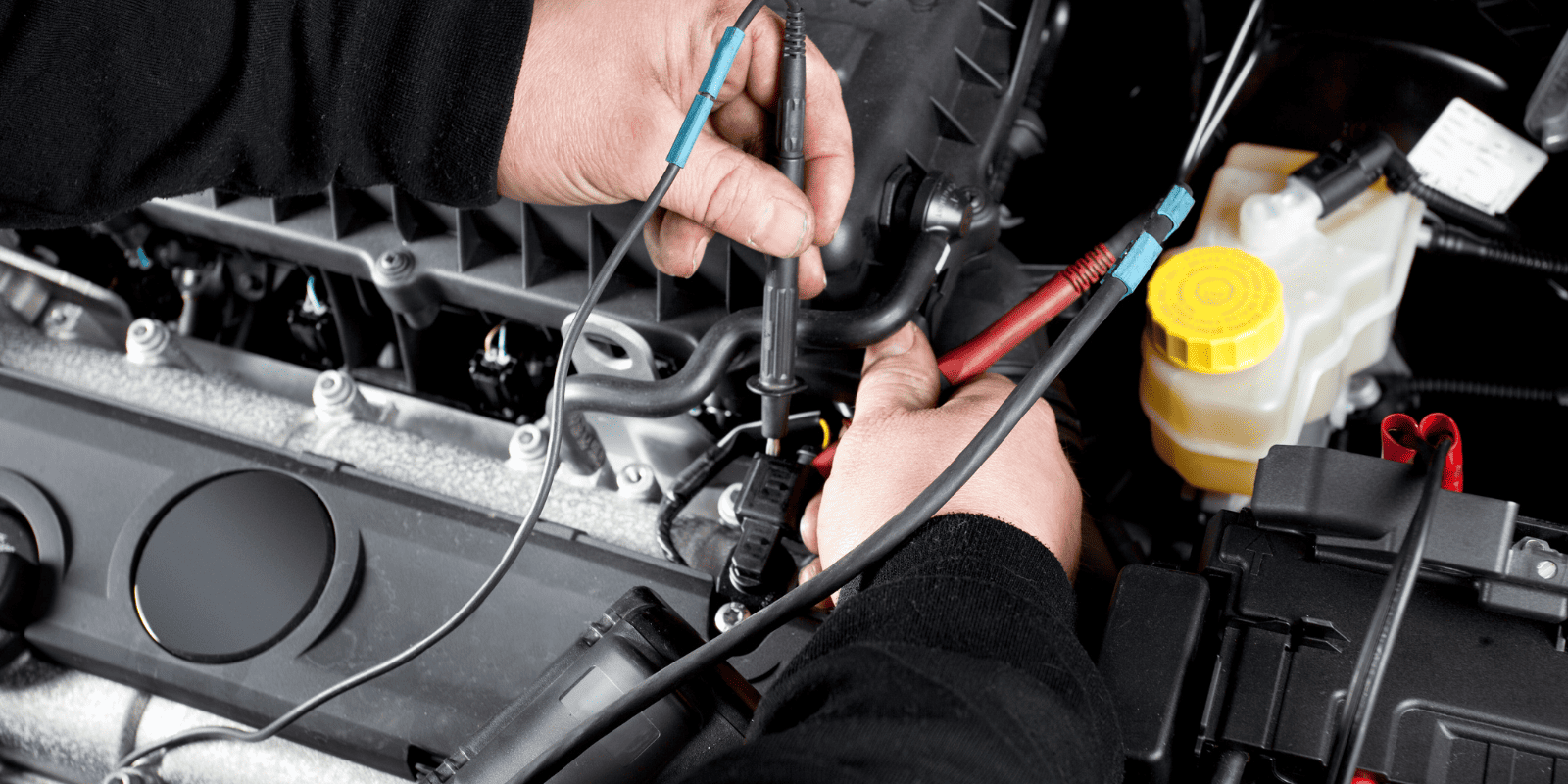As a truck owner, you know the importance of regular maintenance when it comes to keeping your truck in good working order. Regular preventative maintenance can help you avoid costly repairs down the line when problems go unnoticed and untreated for too long, and keep your vehicle running smoothly. But when should you do truck maintenance, and what signs indicate that your truck needs repair? Here’s a checklist for truck owners when it comes to proper preventative maintenance.
The Importance of Preventative Maintenance
For trucks, preventative maintenance is especially important as they carry large loads and can travel thousands of miles on the road over the course of their lifespan. To help ensure that trucks are running optimally, it is recommended that owners perform regular preventative maintenance checks every 3 months or 6,000 miles (whichever comes first).
1. Oil Changes
The oil in your engine needs to be changed on a regular basis in order for it to perform optimally. Most manufacturers recommend an oil change every 3,000 to 5,000 miles or after six months, whichever comes first. Make sure to check your manual to determine the exact intervals for when you should have your oil changed. It’s also important to use the correct grade of oil as recommended by the manufacturer when having an oil change completed.
2. Tire Checks
Tires need to be inspected regularly for signs of wear and tear. Make sure there are no cracks or bulges in the sidewalls of any tire, as this could lead to blowouts while driving. Also, make sure that each tire is filled to the proper pressure level based on its load capacity rating (this information can be found on the sidewall). You should also inspect all tires for uneven wear patterns which may indicate misalignment or other mechanical issues with suspension components or worn-out brake parts. If you notice any signs of wear or damage, then it’s best to bring your vehicle into a service center right away.
3. Battery Tests
Cold weather can wreak havoc on batteries, so if you live in colder climates then it’s important to check battery performance more frequently during winter months. To test battery performance, use a voltmeter and measure the voltage output when starting and when idling—anything below 12 volts indicates that it needs replacement. And don’t forget about checking cable connections as corrosion can occur over time which will affect performance as well
4. Fluid Checks
Check all fluid levels (engine coolant/anti-freeze, power steering fluid, automatic transmission fluid, and brake fluid) at each service interval recommended by your manufacturer’s service schedule, typically at 15K or 30K mile intervals depending on when they were last serviced, even if there are no noticeable issues with operation yet. Preventative maintenance can help you avoid potential problems later on down the road when left unchecked for too long! Additionally, make sure all fluids meet OEM specifications when refilling after service, older vehicles may require specific types of fluids so double-check before adding anything new!
5. Belt Inspections
Inspecting belts regularly helps ensure reliable engine performance since they are responsible for transferring power from one component (such as an alternator) to another (such as an air conditioning compressor). Check belt tension by pressing firmly with your thumb near each pulley. If tension is too low then replace accordingly; if tension is too high then adjust accordingly (referring back to manual instructions). Additionally, make sure there are no signs of cracking or fraying along any belts—this indicates age and should be replaced immediately!
6. Air Filter Replacement
Replacing air filter elements at their recommended interval helps keep engine performance up while providing better protection against dirt particles entering into sensitive components like fuel injectors or intake manifold valves which could cause extensive damage if left unchecked! Air filter elements should typically be changed every 30K miles unless otherwise specified by the manufacturer service schedule; again refer back to spec when doing so!
Truck owners around Dallas, TX will find plenty of convenient resources available when it comes time for their next maintenance appointment, including independently owned shops offering competitive rates, and technicians who specialize specifically in truck maintenance needs! Keeping up with preventative maintenance is key when it comes to getting good mileage out of any vehicle but especially for trucks due to their large size and high power capabilities which require more attention than a standard passenger car does in order to keep them running optimally year round!
Need Help Starting a Preventative Maintenance Plan?
At WTX Truck Repair, we provide the highest quality preventative maintenance and truck repair in Dallas, TX. Our experienced technicians can keep your truck running like new with regular maintenance checks, and replace parts when necessary. Whenever you have any questions about when to do regular maintenance or when it’s time to repair your truck, don’t hesitate to reach out!
Give us a call at (432) 444-3284 or email us at wtxtruckrepair@gmail.com to get you back on the road!





